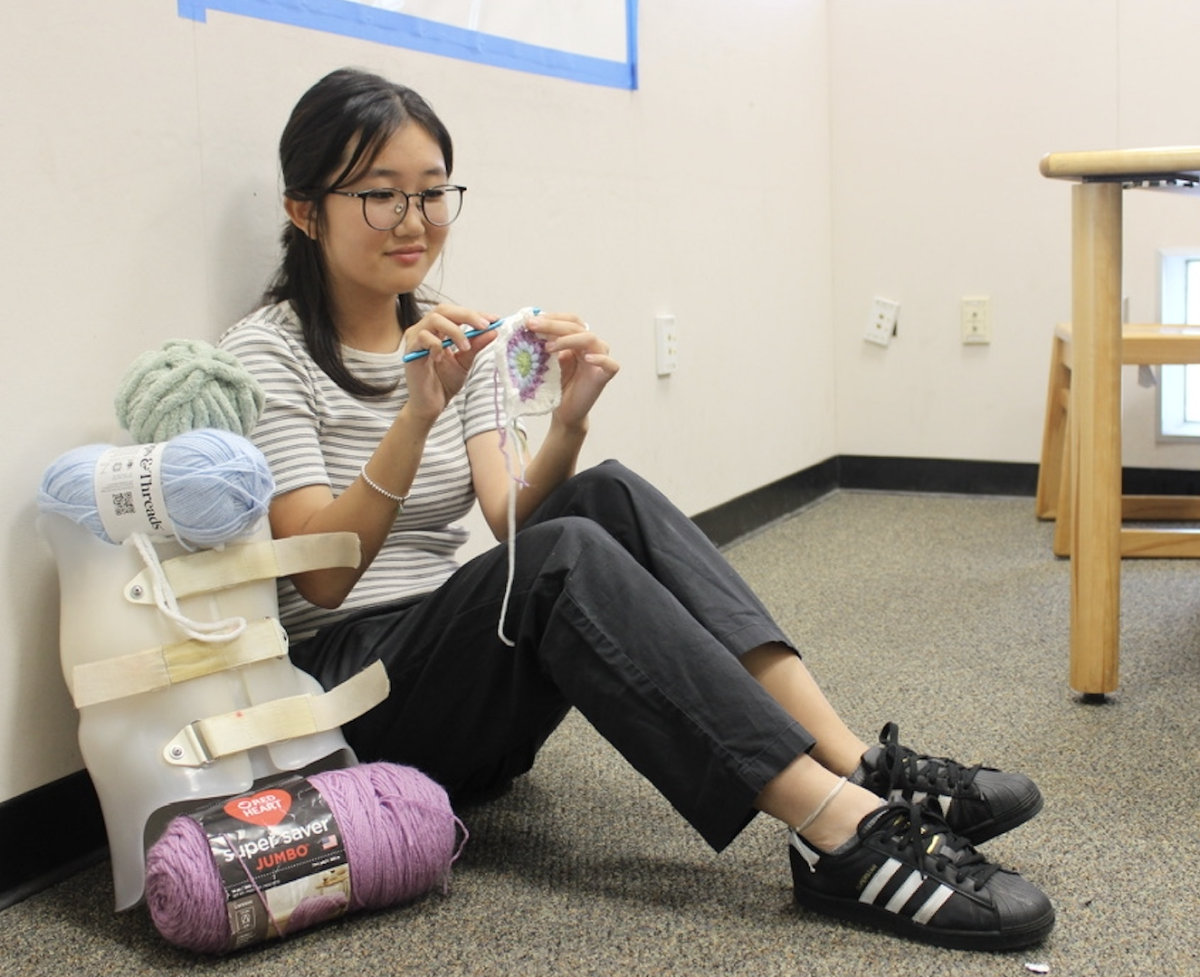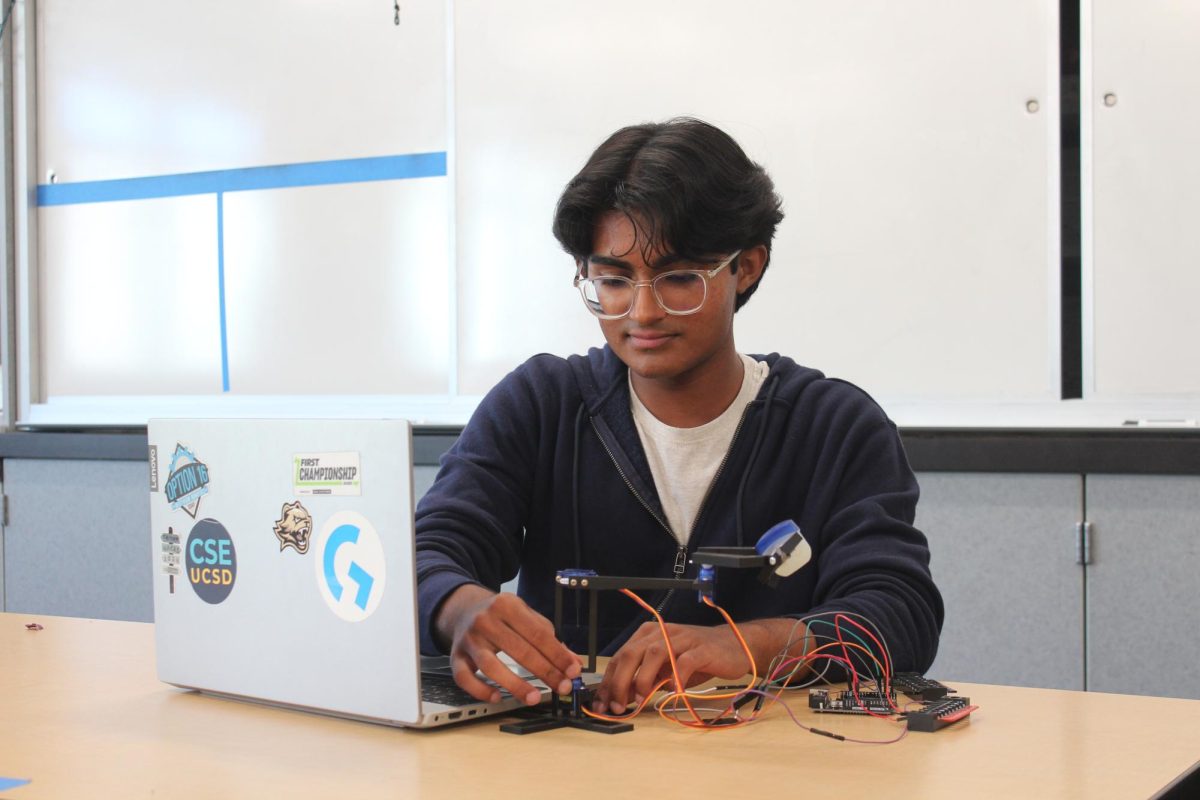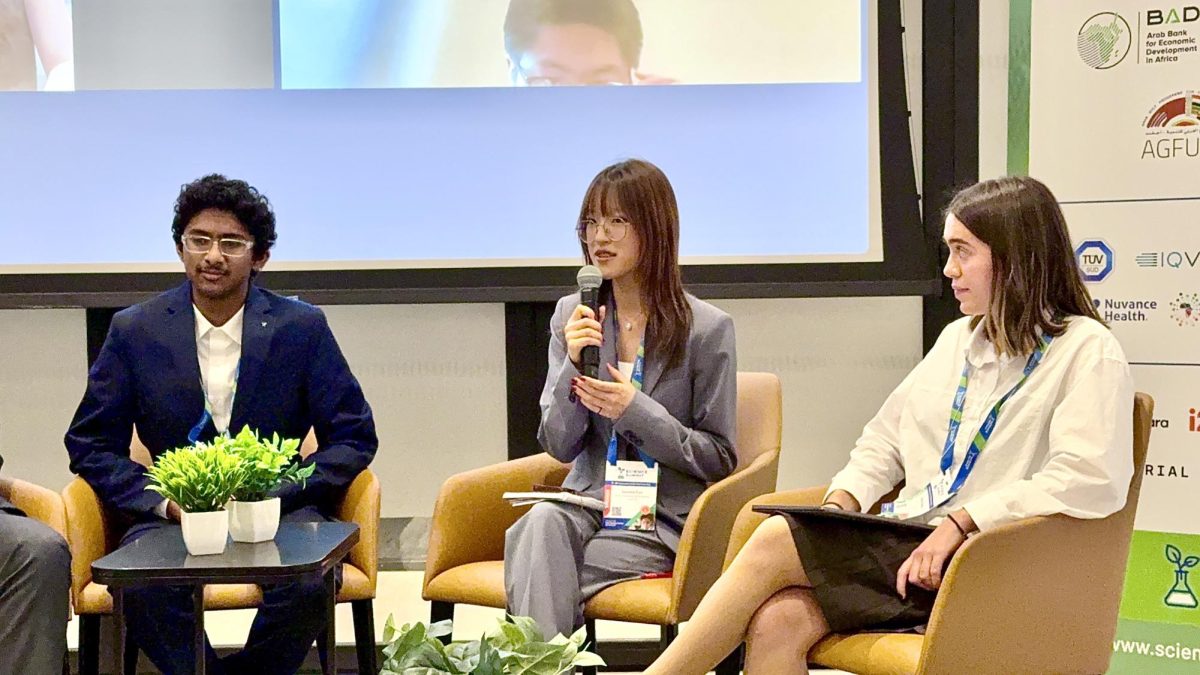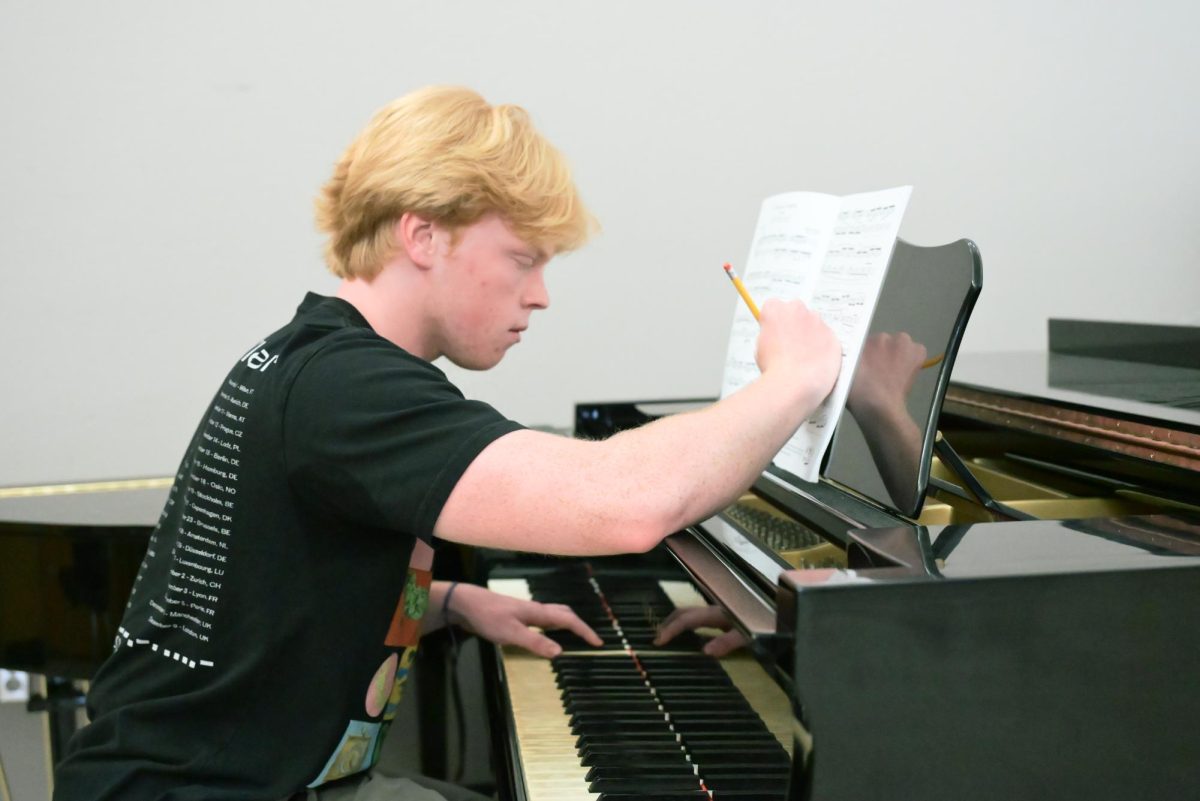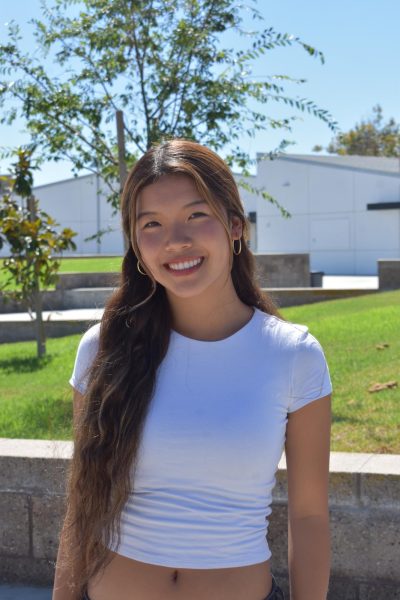One afternoon in Ms. Elkins’ special education classroom, the air fryer hummed softly in the corner. Shelly, a student known for her picky eating habits, stood nearby, waiting patiently as her beloved dinosaur-shaped chicken nuggets sizzled inside. For weeks, Shelly had refused to eat anything from the school cafeteria, leaving her hungry throughout the day. But with a simple phone call to Shelly’s family, Ms. Elkins had come up with a plan: bring her favorite nuggets to school, and they’d help her cook them herself.
It seemed like such a small thing. But, for Shelly, not only did she finally have something she’d eat at school, but Ms. Elkins had also shown her how to make them on her own. Moments like these are what Ms. Elkins cherishes most about her work, seeing students gain the confidence to take on everyday tasks, no matter how trivial they seem.
This same philosophy extends into the classroom, where each day begins with a focus on fundamental academic skills like timekeeping and money skills, as well as arithmetic.
“We need a lot of money skills here,” she said. “That is something that perhaps most of you guys might have worked on in first or second grade, right? But my students are learning at a slower pace, so we are still working on money skills. For instance, one modification we might use for students who have a hard time counting is the next-dollar-up strategy. So if you get nervous handling your change, just learn to overestimate $1.”
Later in the day is when she focuses on reading, writing, and vocabulary. During this period, some of Elkins’ students are pulled out for specialized services like speech therapy or adaptive physical education. All students in the program have an Individualized Education Plan, (IEP). This means that no two programs are going to be the same for each student.
“There are some new programs that have started, so some of the students are in fully mainstream classes, and those students could be earning a diploma through our alternate pathway to a diploma [program],” Elkins said. “On the opposite end of that spectrum, there are students who may be in a more secure setting. So that would be my special day class, and they would only go out for one period out of the day. They work on more functional skills as opposed to academic skills. Functional skills are skills that adults need to live a normal life. For example, we work on cooking.”
Elkin’s students often practice the skills they learn in class by applying it to the real world, like going to the grocery store or cooking during school..
“We do that on Friday morning. We try to keep it pretty chill on Friday so I give the students a chance to really buy whatever they want, as long as it’s within reason,” Elkins said. “Sometimes we are preparing for a cooking activity. One student might be in charge of this, or one student might be in charge of the eggs.”
Throughout the day, Elkins works closely with instructional assistants and vocational learning assistants, general education students who help their special education peers. According to Elkins, these assistants play a crucial role in her classroom because they facilitate interactions with peers their age and get exposure to average day to day interactions.
“Vocational learning assistants come into our classrooms and actually converse with our students like a typical peer would, ” she said. “It’s beneficial if the student that you’re trying to teach appropriate communication gets the reinforcement of an appropriate response.”
A beneficial part of her job is being able to witness the growth in her students over time. With the unique opportunity to work with students throughout all four of their high school years, she sees transformations that many other educators might not.
“I did have a student and when he came to me as a freshman, he had a lot of self injurious and maladaptive behaviors,” Elkins said. “By the end of senior year, he was one of the most participatory students in our ENS classes.He’s an awesome kid. I learned a lot from that student because he came so far. That’s one thing I’m grateful for, that I do have these students for a longer period of time and it really does kind of highlight the importance of our job and it makes you reevaluate why you’re here.”
Elkins said that what makes her job so rewarding is being able to help her students learn essential skills in life.
“Being a high school teacher, I have these students for one of the last legs of their education,” Elkins said. “It is motivating knowing that you’re giving skills to the students that maybe didn’t have them before, and then [when] they graduate four years later, they know how to apply the next dollar-up strategy so they can go to Vons and make a simple purchase. That’s really empowering.”


